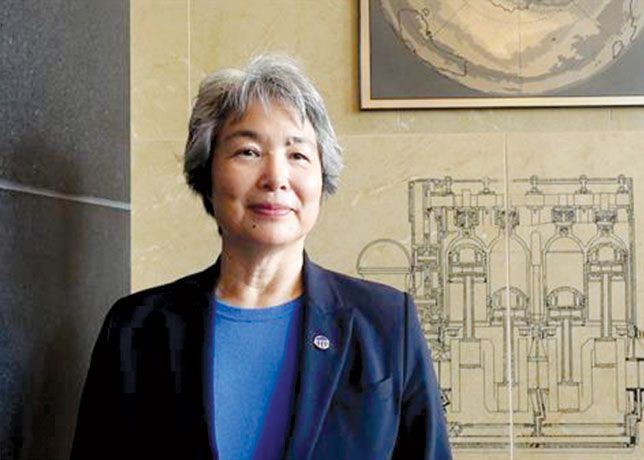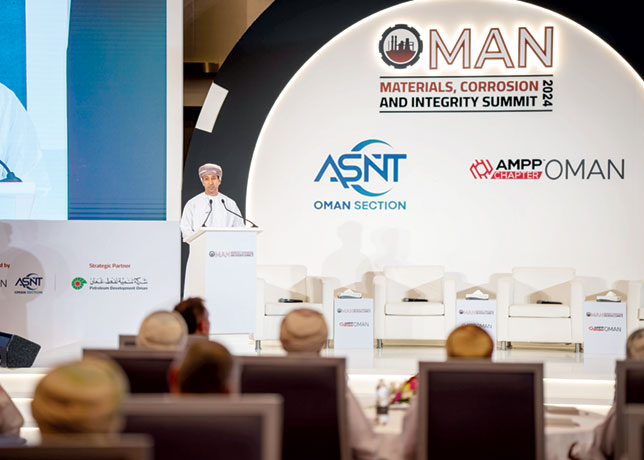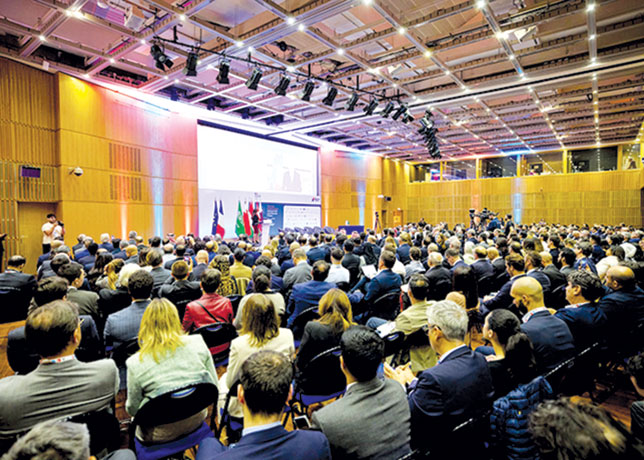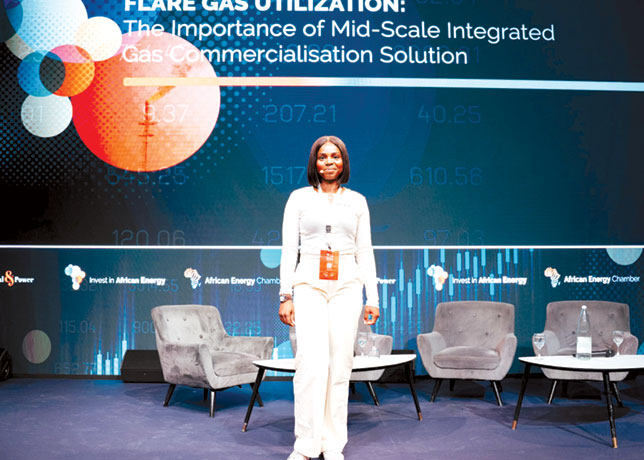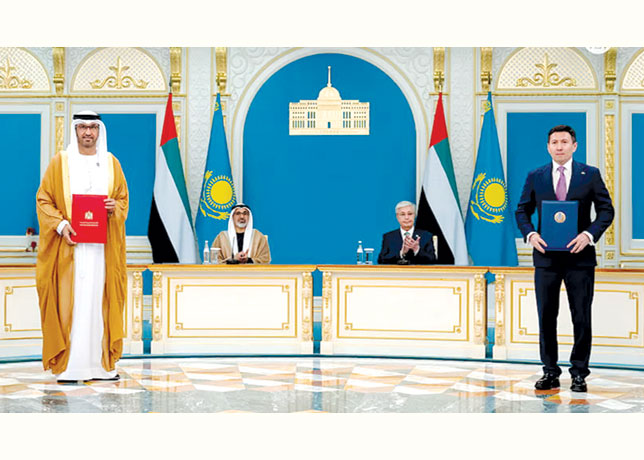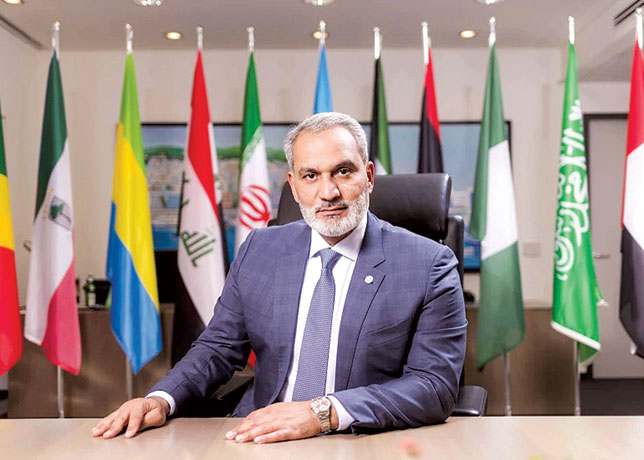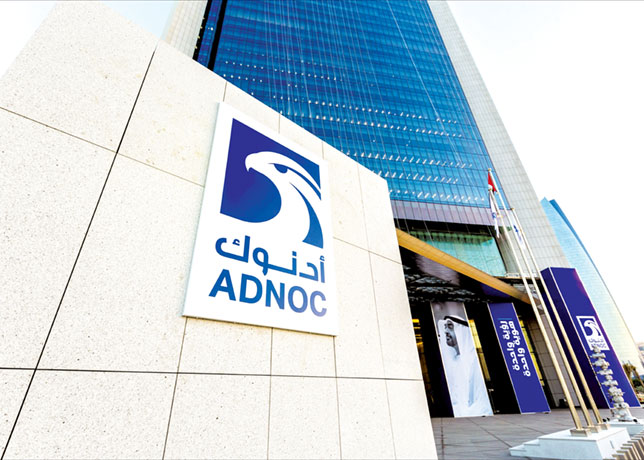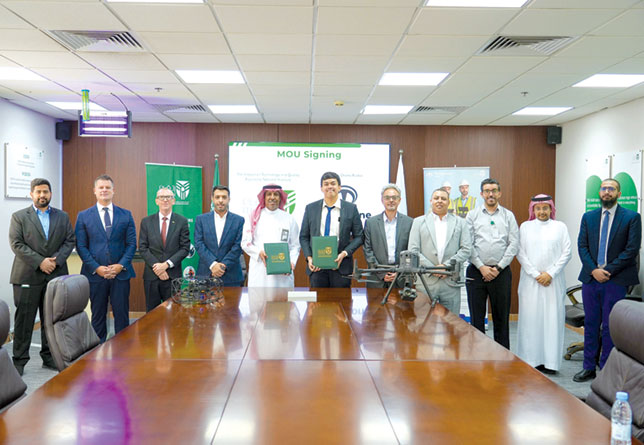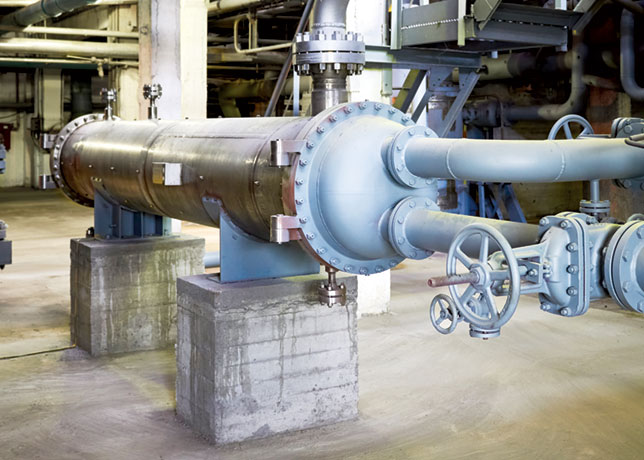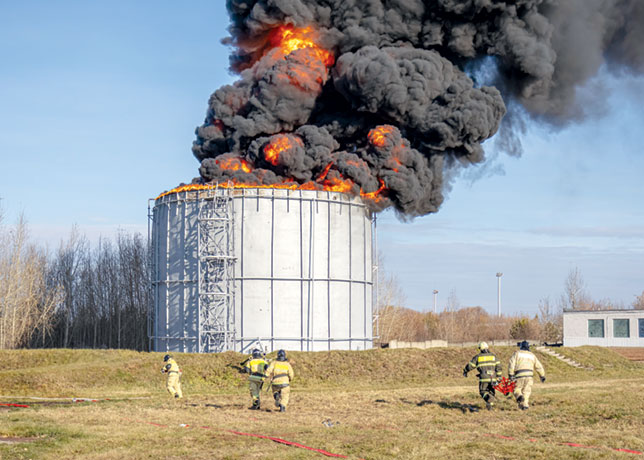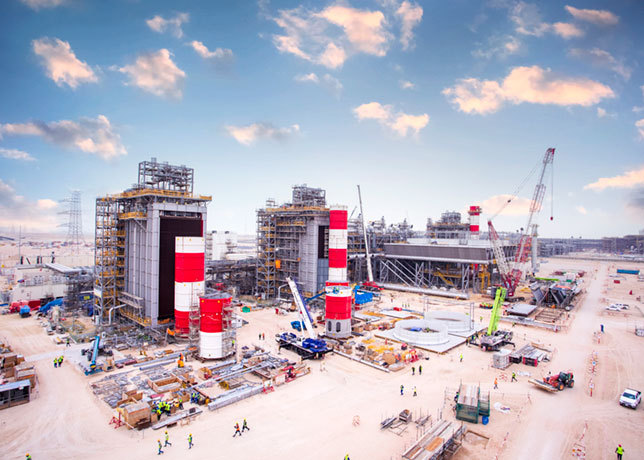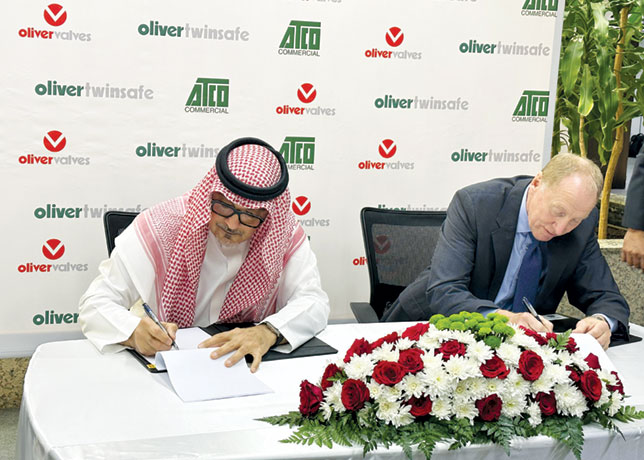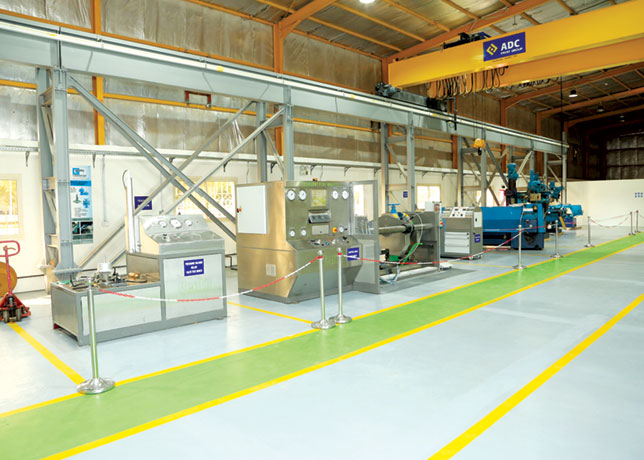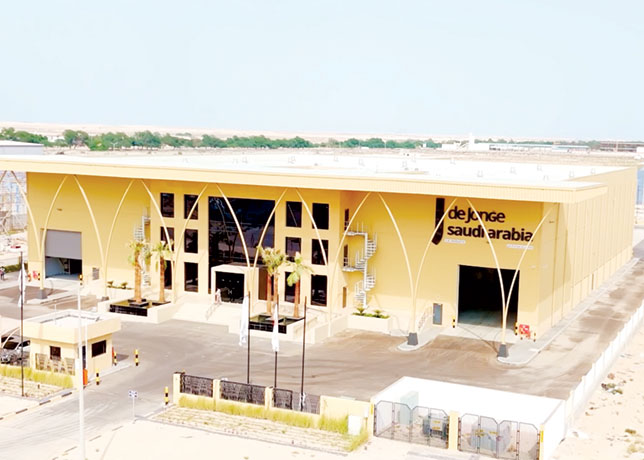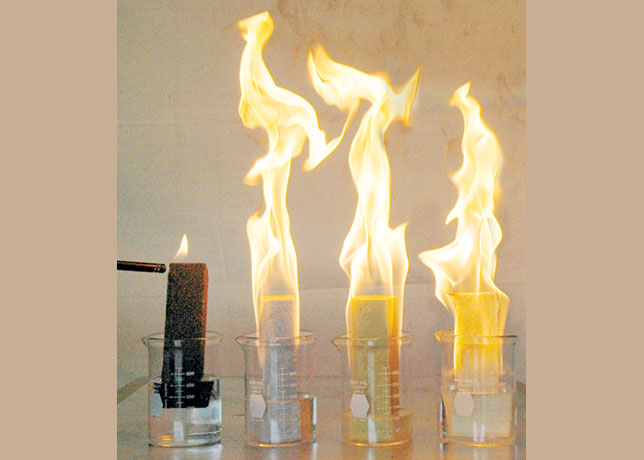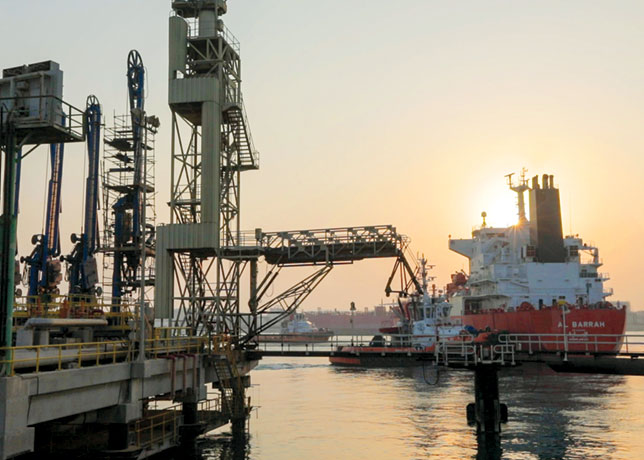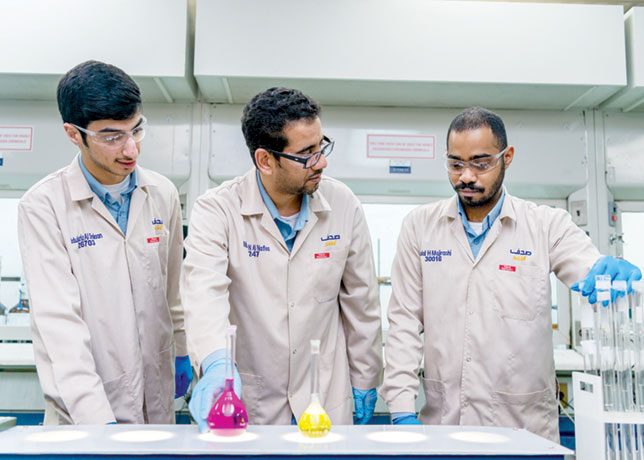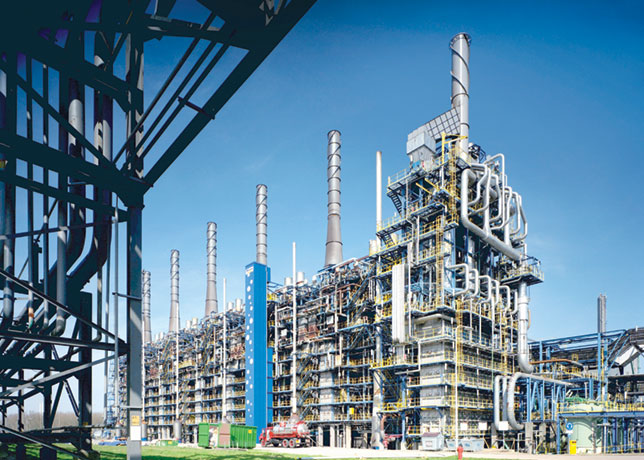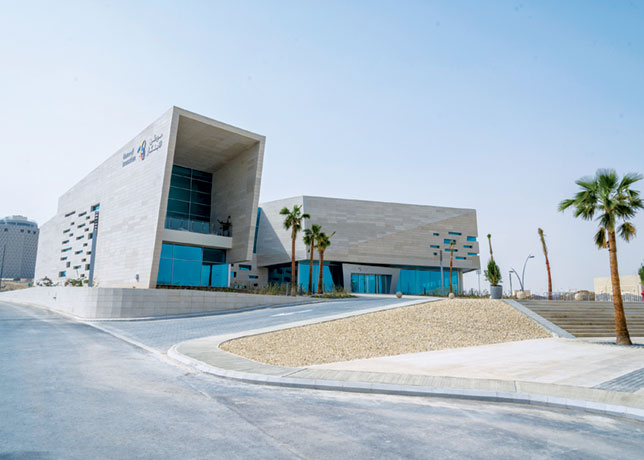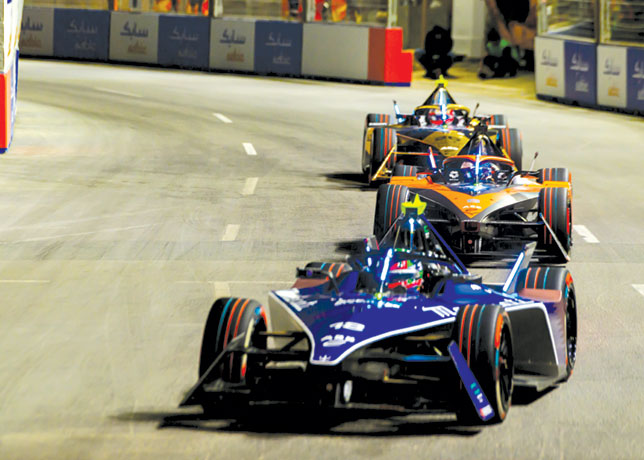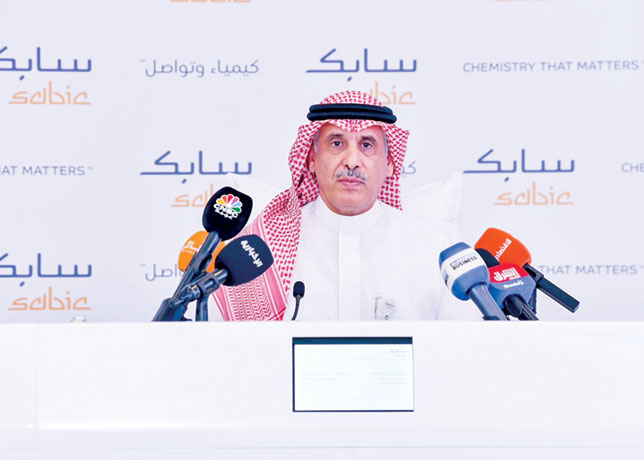
 Opec producers are 'unlikely' to raise production at a meeting in June
Opec producers are 'unlikely' to raise production at a meeting in June
A call by Iraq for Muslim states to place an embargo on their oil exports has fallen largely on deaf ears following its rejection by two key producers.
Saudi Arabia laid to rest any lingering concerns that it would consider backing the embargo in support of the Palestinian cause.
''This is like cutting off your nose to spite your face,'' Saudi Foreign Minister Prince Saud Al Faisal said in response to questions about how Riyadh would react to Iraq's call for backing in its 30-day oil embargo.
While underlining Saudi support for the Palestinians, he said: ''Oil is not a weapon. Oil is not a tank,'' he said. ''Saudi Arabia will continue to produce oil.''
 |
| Al Naimi |
Saudi Minister of Petroleum and Mineral Resources Ali Al Naimi added that the Kingdom wanted oil prices to stay near current levels and would work with fellow Opec producers to fill any gap left by Iraq's export embargo.
Qatar voiced similar opposition to the idea, while adding that fundamentals did not require Opec to raise its crude oil output at its meeting in June.
''We should not make the same mistakes we made in the past,'' said Minister of Energy and Industry Abdullah Al Attiyah, referring to Arabs' suspension of oil exports during the 1973 Arab-Israeli war.
He said such a move would punish developing countries more than industrialised nations that kept large reserves.
''Producing nations should take rational decisions and stay away from sentiment,'' Al Attiyah said.
On the possibility of Opec raising production, he said: ''Supply is still higher than demand and the world inventory is still very high. There is no reason for a production increase at the Opec meeting in June.
Iraq's embargo cuts four per cent of world oil exports but costs Iraq little because the UN controls revenues from Iraqi oil sales under its oil-for-food programme, an exception to Gulf War sanctions.







